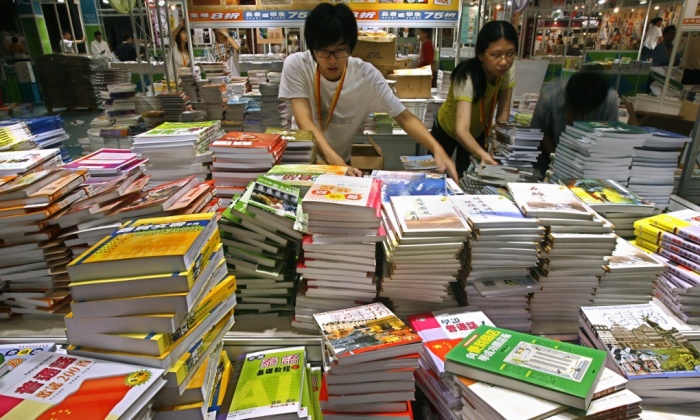At The Guardian, Ilaria Maria Sala describes growing “soft censorship” of bookstores and media outlets in Hong Kong, engineered through channels including the commercial holdings of Beijing’s Liaison Office.
On the surface, there seems to be no censorship in Hong Kong. Unlike the mainland, the web is free, a wide range of newspapers is available, TV news covers demonstrations and protests, and nobody needs to apply for permission to print books.
[…] But mounting pressure from China to have greater control over what the Hong Kong public, and the Chinese tourists flocking there, read is creeping into this former British colony.
Through a complex web of self-censorship, soft censorship and mainland economic control, bookshops and media outlets in the territory have been changing their tone or giving less coverage to topics that China deems sensitive.
A slow but steady “mainlandisation” of Hong Kong, a key factor in bringing tens of thousands of protesters to the streets during last year’s umbrella movement [see background from CDT], has been changing the face of the publishing and book distribution industry, with fewer shops willing, or able, to sell books forbidden in China. [Source]
Read more on book censorship and self-censorship in and related to China via CDT.








